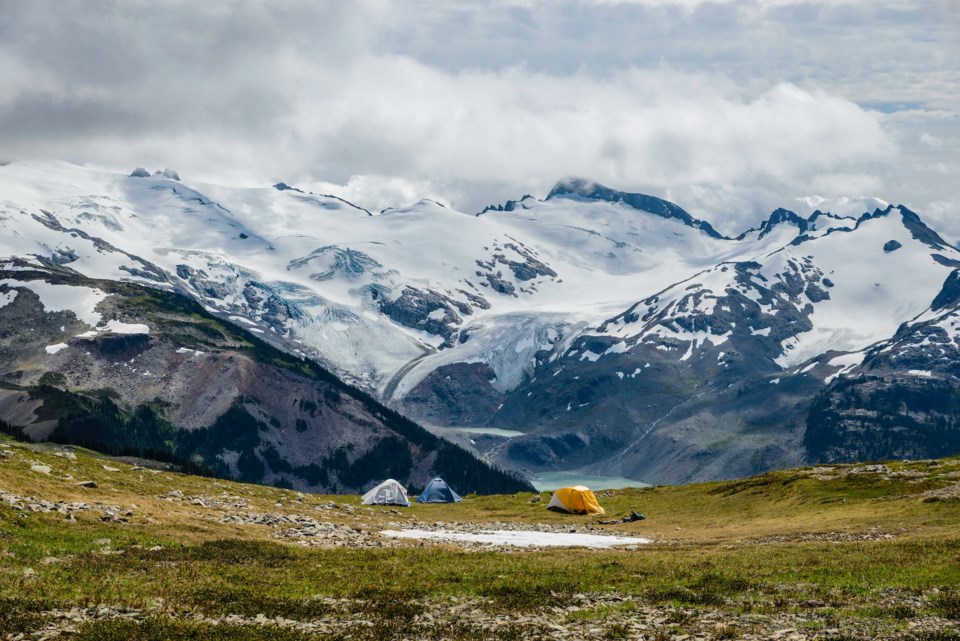I read with interest Anita So’s letter on gatekeeping in the outdoors [“Is gatekeeping ethical? The role of outdoor safety guidelines,” published April 11 in print], and while I agree with the sentiment on backcountry education, I disagree that “gatekeeping” is the proper term for it.
Being concerned for someone’s safety, and educating them on the risks they’ll face is the furthest thing from gatekeeping, it’s empowering.
When you go to the effort of informing people of the risks of outdoor adventure, you give them the tools they need to make good decisions. When you tell them what training they can take to be safer, you give them the skills to go further, manage their risks, and do more. Giving people knowledge when they need it is a gift.
I have been a Search and Rescue (SAR) volunteer for a few decades, and I have seen how public safety messaging often takes the form of a nagging message “Don’t do that, it’s dangerous.” SAR volunteers and others delivering public safety and AdventureSmart training can come across as scolding, anti-fun grumps.
Unfortunately this is because a lot of SAR members have seen the consequences when someone takes on a challenge that exceeds their ability, and it is not pretty. That trauma leaves a mark, and can make us quite strident when attempting to educate or inform others.
Every backcountry traveller, SAR members included, has stories of how we learned our limits. We went out there, made mistakes, had epic experiences, and lived to tell the tale. Mountaineers and backcountry skiers share these stories with each other so we can learn. When we share our knowledge with beginners, we have the same goal.
Backcountry adventure always lies at the point where you test your skills, equipment and knowledge against the environment. Some of the most visceral, moving and life-changing experiences become possible there. It can take years to discover what your limits are, physically and mentally, to reach this point. An early bad experience can deny you the opportunity to achieve what many of us feel makes life worthwhile.
Backcountry safety education through advice, courses, signage and other forms is intended to empower you to make good decisions and come back safely, not prevent you from having an adventure, and we need to make sure the tone of such messaging reflects that fact.
Go to AdventureSmart for more information on staying safe in the backcountry.
Michael Coyle
Squamish
Want to write your own letter to the editor? Great!
Here are some things to note about our letters policy.
- The Squamish Chief welcomes letters of up to 400 words to the editor.
- It is expected letters will be sent as complete and final drafts, and will include links to any facts mentioned for fact-checking purposes.
- Letters should be exclusive to this publication and are meant to respond to a local story in The Squamish Chief or raise an issue happening in town.
- Please include your name, neighbourhood and daytime phone number.
- The deadline is 5 p.m. Monday to be considered for Thursday’s edition.
- Full names and neighbourhood will be published with the letter.
- The publisher reserves the right to refuse and edit letters for length and clarity or to address legal concerns.




